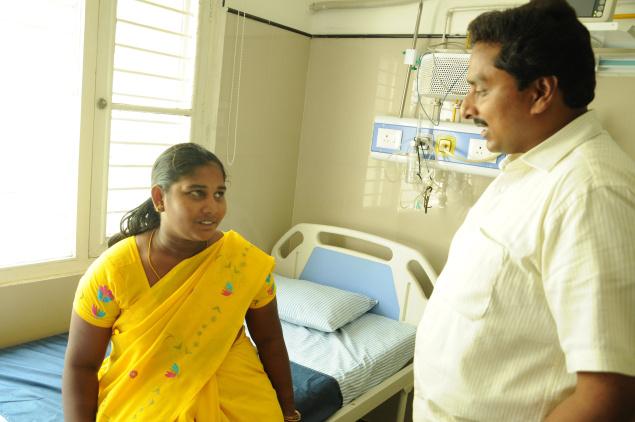Hyderabad :
Around 60% parents of autistic children are seeking professional help much after the disability sets in. And this trend is being noticed at a time when the incidence of Autism Spectrum Disorders (ASD) has reached epidemic proportions. As per latest data from the US-based Centre for Disease Control and Prevention, 1 in 88 children worldwide suffer from autism as against its estimates of 1 in 150 children about a decade ago.
Experts say that early intervention is the key to the success of the treatment and reducing the symptoms of autism. But in reality, by the time most children with this mysterious neuro developmental disorder are being taken to the right doctor, it is getting too late.
Characterised by impaired social interactions and communication, and by restricted and repetitive behavior, autism is a development disability that remains for the entire life and affects the brain’s functions. It appears in the first three years of birth. There are milder and severe variations of ASD.
Dr Anand Prasad, consultant paediatric neurologist, says that majority of the parents report the disability late. “If there is delayed speech, parents normally compare their child with other children in the family or friends circle. By chance if the child is taken to a doctor, most of them who are unfamiliar with diagnosing autism dismiss the concerns of the parents. As a result, the diagnosis and the opportunity for early intervention therapies, gets delayed,” the doctor said.
Even if the disability is diagnosed early, in most cases, the child is confronted with parental non-acceptance. The problem, experts said, is that with these children, it is difficult to figure out the problem at birth as it takes 1-2 years for symptoms of ASD to manifest. “Parents have the tendency to adopt a wait and watch policy and when they come to know that their child is autistic, they go into a state of shock and then denial mode sets in. By the time they accept and consult a specialist, there is crucial delay,” says Dr Om Sai Ramesh who works with National Institute for the Mentally Handicapped.
According to Dr Ramesh, when a child turns two-years-old, there is 75 % brain development and by the age of 5 years, 90% of the brain is developed. “This is the critical period of life and should not be missed,” he added. Therefore, early intervention is a must in order to detect any deviance and treat the child.
Experts suggest that as the parent of a child with autism or related developmental delays, the best thing to do is to start treatment right away and seek help as soon as there is any suspicion. “Don’t wait to see if your child will catch up later or outgrow the problem. Early intervention is the most effective way to speed up your child’s development and reduce the symptoms of autism,” said E V V Rajasekhar, who runs Development Centre for Children with Autism.
As part of World Autism Day on Tuesday, “Aarambh Association for Autism,” an organization that runs a special school and therapy centre for autistic children, is lighting up the Buddha statue at Tank Bund in blue.
Typical symptoms of autism
Difficulty in expressing needs or wants verbally or non-verbally
Repeating words or phrases rather than responding to questions
Making repeated movements such as rocking or hand flapping
Displaying a strong preference to routine, disliking any change in a daily routine
Displaying emotions, pleasure or distress, for no apparent reason
Not responding to questions by appearing not to hear
Displaying no interest in playing with children of the same age.
source: http://www.articles.timesofindia.indiatimes.com / Home> City> Hyderabad / by Bushra Baseerat, TNN / April 02nd, 2013





